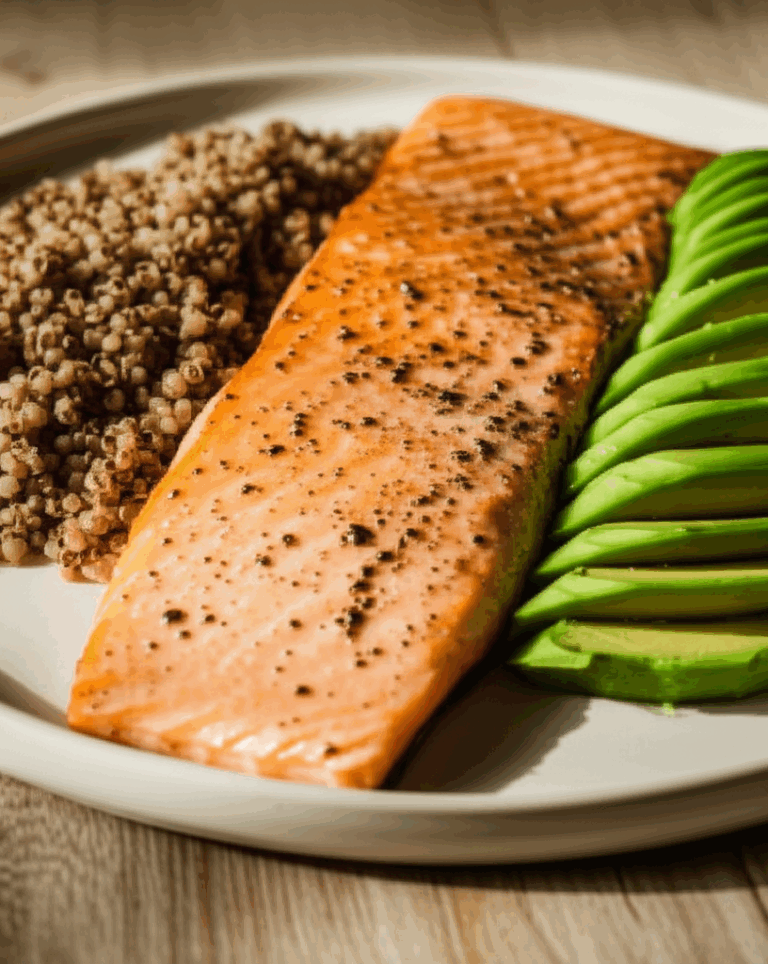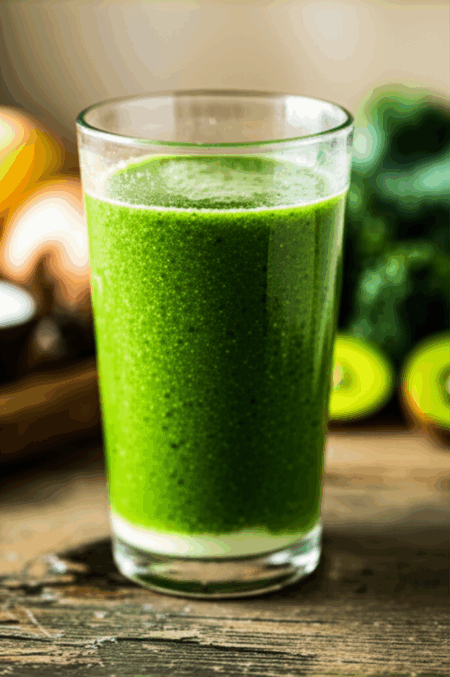Are you ready to transform your physique and crush your fitness goals in 2026? Achieving significant muscle growth and overall fitness isn’t solely about intense workouts; it’s profoundly influenced by what you put on your plate. Nutrition plays a pivotal role in fueling your body, repairing muscle tissue, and optimizing performance. By strategically incorporating key foods into your diet, you can accelerate your progress, enhance recovery, and build the strong, lean physique you desire.
This guide will unveil 8 powerhouse foods that are essential for anyone serious about muscle building and reaching their fitness aspirations. From high-quality proteins to essential complex carbohydrates and healthy fats, these selections offer a comprehensive nutritional profile to support your journey.
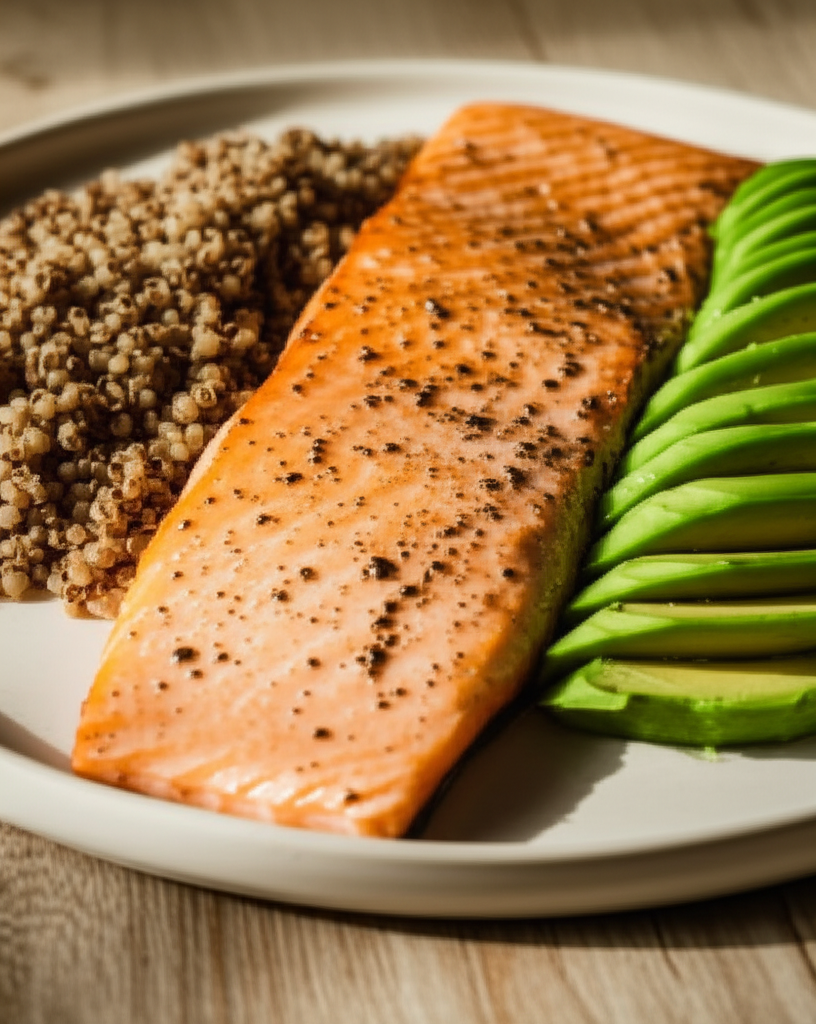
The Foundation of Muscle Building: Macronutrients
Before diving into specific foods, it’s crucial to understand the roles of the three main macronutrients: protein, carbohydrates, and fats. Each plays a distinct yet interconnected role in muscle growth and overall health.
Protein: The Building Blocks of Muscle
Protein is paramount for muscle building and repair. Muscles are made from protein, and consuming adequate amounts, particularly alongside resistance training, is essential for repairing damaged muscle tissue and synthesizing new muscle proteins. Proteins are composed of amino acids, which are often referred to as the “building blocks” of protein. Essential amino acids, which your body cannot produce on its own, must be obtained through your diet. Many experts suggest aiming for 1.4–2 grams of protein per kilogram of body weight per day to maximize muscle building.
Carbohydrates: Fuel for Performance and Recovery
Often misunderstood, carbohydrates are your body’s primary source of energy, especially during intense workouts. They replenish glycogen stores in your muscles, which are crucial for sustained energy and preventing fatigue. While protein helps build muscle, carbohydrates provide the fuel to perform effectively in the gym and aid in post-workout recovery by replenishing energy reserves.
Healthy Fats: Hormones, Health, and Energy
Healthy fats are vital for hormone production, nutrient absorption, and overall bodily functions that support muscle development. They provide a concentrated source of energy and play a role in reducing inflammation, which is beneficial for recovery.
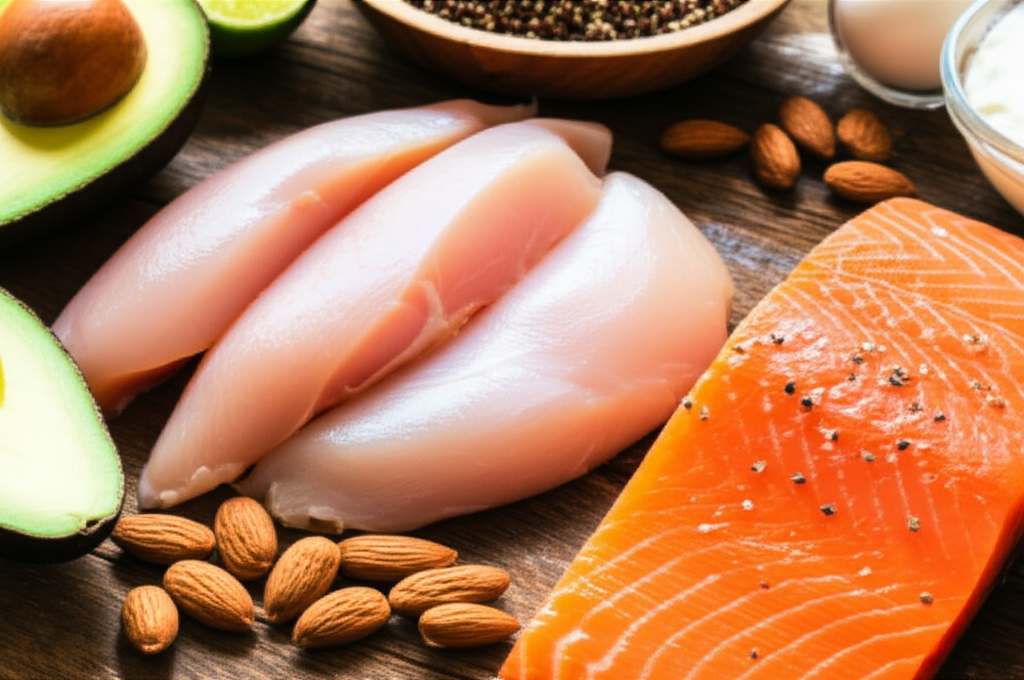
The 8 Best Foods to Fuel Your Muscle Growth
Now, let’s explore the top 8 foods that exemplify these macronutrient principles and offer a wealth of micronutrients to support your 2026 fitness goals.
1. Eggs: The Complete Protein Powerhouse
Eggs have long been celebrated as a foundational food for muscle building, and for good reason. They are an incredibly nutrient-dense option, providing high-quality protein and a potent mix of vitamins and minerals.
Why Eggs are Excellent for Muscle Building
- Complete Protein Source: Eggs contain all nine essential amino acids, making them a “complete” protein. These amino acids are crucial for muscle growth and repair.
- Rich in Leucine: Eggs are particularly rich in the amino acid leucine, which is a critical trigger for muscle protein synthesis—the process by which your body builds new muscle. Research suggests that consuming whole eggs after resistance exercise boosts muscle building and repair significantly more than consuming egg whites with an equivalent amount of protein.
- Abundance of Nutrients: Beyond protein, egg yolks offer important vitamins such as B12, B6, D, and minerals like iron, folate, and zinc, all of which support muscle function and overall health.
How to Incorporate Eggs into Your Diet
Eggs are incredibly versatile. Enjoy them scrambled, boiled, poached, or in omelets and frittatas. They make for an ideal breakfast, a quick snack, or an addition to salads and other meals.
2. Chicken Breast: Lean Protein for Lean Mass
Chicken breast is a staple in many fitness enthusiasts’ diets, and its popularity is well-deserved. It’s renowned for its high protein content and low-fat profile, making it excellent for building lean muscle mass without excessive calories.
The Muscle-Building Benefits of Chicken Breast
- High-Quality, Lean Protein: A 100-gram serving of skinless, boneless chicken breast can provide approximately 31 grams of protein with minimal fat. This high protein-to-fat ratio is ideal for those aiming to build muscle and manage their calorie intake.
- Essential Amino Acids: Like eggs, chicken breast is a complete protein, supplying all the essential amino acids necessary for muscle repair and growth. It also contains a good amount of leucine.
- Rich in B Vitamins and Minerals: Chicken breast is packed with B vitamins (such as niacin and B6), which are vital for energy metabolism, helping your body convert food into energy to fuel workouts. It also provides minerals like phosphorus and selenium, important for bone health and the immune system.
Versatile Ways to Eat Chicken Breast
Chicken breast can be grilled, baked, stir-fried, or added to salads, sandwiches, and soups. Its adaptability makes it easy to incorporate into almost any meal.
3. Salmon: Omega-3s Meet High-Quality Protein
Salmon stands out as a powerful muscle-building food, offering a unique combination of high-quality protein and beneficial omega-3 fatty acids.
How Salmon Supports Muscle and Overall Fitness
- Excellent Protein Source: A 3-ounce (85-g) serving of salmon contains about 17 grams of protein, while a 6-ounce serving can have around 38 grams of protein. This high-quality protein is crucial for muscle repair and growth.
- Omega-3 Fatty Acids (EPA and DHA): Salmon is rich in omega-3 fatty acids, particularly EPA and DHA, which are known for their anti-inflammatory properties. These fats can help reduce muscle protein breakdown after workouts, improve recovery, and support muscle performance. They also contribute to cardiovascular health, ensuring efficient blood flow and oxygen delivery to working muscles.
- Vitamins and Minerals: Salmon also provides several important B vitamins and vitamin D, which play roles in energy production and muscle function.
Integrating Salmon into Your Diet
Enjoy grilled, baked, or pan-seared salmon. It pairs well with complex carbohydrates like sweet potatoes or quinoa and a variety of vegetables. Aim for at least two servings of oily fish like salmon per week.
4. Greek Yogurt: Dairy for Dual-Action Protein Release
Greek yogurt is an exceptional dairy product for muscle building due to its unique protein profile and additional health benefits.
Greek Yogurt’s Edge in Muscle Development
- Whey and Casein Proteins: Dairy, including Greek yogurt, provides a blend of fast-digesting whey protein and slow-digesting casein protein. This combination can enhance and prolong muscle protein synthesis, aiding in lean mass development. Casein, in particular, provides a steady stream of amino acids to your muscles, making it a great option before bed to support muscle growth while you sleep.
- Higher Protein Content: Greek yogurt contains nearly double the protein of regular yogurt, with about 10-17 grams per 100-gram serving depending on the type.
- Probiotic Benefits: Many varieties of Greek yogurt offer probiotics, which support gut health, an often-overlooked aspect of overall wellness and nutrient absorption.
- Rich in Leucine: Similar to eggs, Greek yogurt is also a good source of leucine, further boosting its muscle-building potential.
Creative Ways to Consume Greek Yogurt
Greek yogurt can be enjoyed plain, mixed with berries, nuts, or a scoop of protein powder. It’s an excellent post-workout snack or a high-protein addition to smoothies and oatmeal.
5. Quinoa: The Plant-Based Complete Protein
For those seeking plant-based options or simply looking to diversify their nutrient intake, quinoa is an outstanding choice. It’s often referred to as a “super-carb” and a complete protein.
Why Quinoa is a Muscle-Building Star
- Complete Plant Protein: Quinoa is rare among plant foods because it contains all nine essential amino acids, making it a complete protein. This is especially beneficial for vegetarians and vegans looking to ensure adequate protein intake for muscle growth and repair.
- Complex Carbohydrate: Quinoa is a complex carbohydrate, providing sustained energy for workouts and aiding in replenishing glycogen stores post-exercise. Its slow and steady energy release helps maintain energy levels and support muscle performance.
- Nutrient-Dense: It’s rich in essential nutrients like B vitamins, magnesium, iron, and fiber, all of which are important for optimal muscle function, oxygen transport, and overall health.
How to Include Quinoa in Your Meals
Quinoa is incredibly versatile and can be used as a base for salads, a side dish with lean proteins, or even in breakfast porridges.
6. Sweet Potatoes: Complex Carbs for Sustained Energy
Sweet potatoes are a top-tier source of complex carbohydrates, essential for fueling intense training sessions and facilitating recovery.
The Power of Sweet Potatoes for Fitness Goals
- Sustained Energy Source: As a complex carbohydrate, sweet potatoes provide a slow and steady release of energy, which is crucial for maintaining performance during long workouts and replenishing glycogen stores afterward.
- Rich in Fiber: Sweet potatoes are loaded with fiber, especially when eaten with the skin on. Fiber aids in digestion, helps control appetite, and supports overall gut health.
- Vitamins and Minerals: They are packed with vitamins A (in the form of beta-carotene), C, and B vitamins, along with minerals like potassium and copper. Potassium is particularly important for muscle function and preventing cramps.
- Antioxidant Properties: Sweet potatoes possess antioxidant and anti-inflammatory properties, contributing to overall health and recovery.
Delicious Ways to Enjoy Sweet Potatoes
Sweet potatoes can be baked, roasted, mashed, or cut into fries. Pair them with a protein source for a balanced and muscle-building meal.
7. Avocados: Healthy Fats for Hormone Support
While primarily known for their healthy fats, avocados offer a remarkable nutritional profile that supports muscle building, hormone production, and recovery.
Avocado’s Role in Muscle and Wellness
- Healthy Monounsaturated Fats: Avocados are rich in monounsaturated fats, which are crucial for hormone production, including those that contribute to muscle development. These fats also help lower bad cholesterol.
- Potassium Powerhouse: Avocados contain more potassium than bananas, a vital electrolyte for muscle function, fluid balance, and preventing muscle weakness and cramping during exercise.
- Fiber and Satiety: Their high fiber content helps you feel fuller for longer, which can be beneficial for managing weight and adhering to a healthy eating plan.
- Anti-inflammatory Benefits: The omega-3s and other healthy fats in avocados contribute to reducing inflammation, aiding in post-workout soreness and joint health.
- Vitamins and Antioxidants: Avocados provide a wealth of vitamins (like E and B6), minerals, and phytonutrients that offer antioxidant defense and support overall cellular health.
How to Incorporate Avocados
Add sliced avocado to salads, sandwiches, smoothies, or use it to make guacamole. Its creamy texture makes it a versatile addition to many dishes.
8. Whey Protein Powder: Convenient Post-Workout Recovery
While whole foods should form the cornerstone of your diet, whey protein powder offers a convenient and effective way to boost protein intake, especially around workouts.
The Benefits of Whey Protein
- Rapid Absorption: Whey protein is quickly absorbed by the body, making it an ideal choice for post-workout nutrition when your muscles are primed for repair and growth.
- High-Quality Complete Protein: Whey is a complete protein, containing all nine essential amino acids needed for muscle repair and growth.
- Rich in Leucine: It is particularly high in leucine, which effectively stimulates muscle protein synthesis.
- Enhanced Muscle Recovery: Consuming whey protein after resistance training can help maximize muscle building and enhance recovery by delivering essential amino acids to damaged muscle tissues promptly.
- Convenience: Protein powders are incredibly convenient for busy individuals or when whole food options are not readily available.
Best Practices for Whey Protein
Mix whey protein powder with water, milk, or blend it into smoothies. It can be consumed before or after workouts, or as a high-protein snack between meals to help reach daily protein targets. Always consult with a healthcare professional or dietitian if you have any kidney or liver conditions before taking protein supplements.
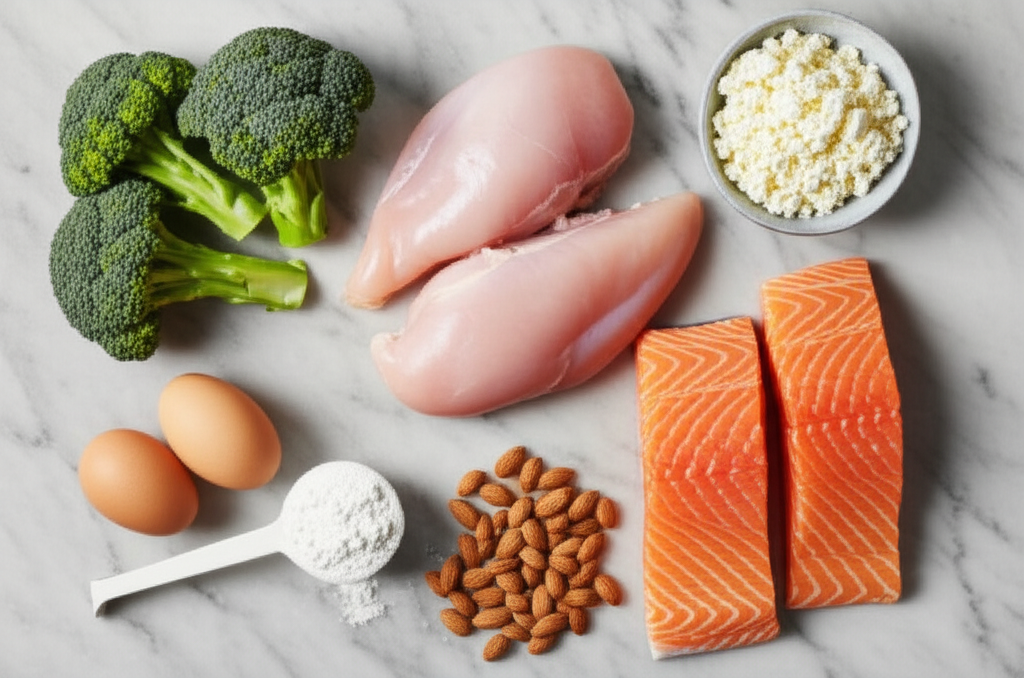
Crafting Your 2026 Fitness Nutrition Plan
Building muscle and achieving your fitness goals by 2026 is an achievable endeavor when supported by a well-planned nutritional strategy. These 8 foods—eggs, chicken breast, salmon, Greek yogurt, quinoa, sweet potatoes, avocados, and whey protein powder—provide a solid foundation of high-quality protein, essential complex carbohydrates, and healthy fats.
Remember that consistency is key. Pair these nutrient-dense foods with a consistent strength training program and adequate rest for optimal results. By prioritizing intelligent eating, you’ll not only fuel your muscles for growth but also enhance your overall health and well-being, setting yourself up for success in the years to come.




